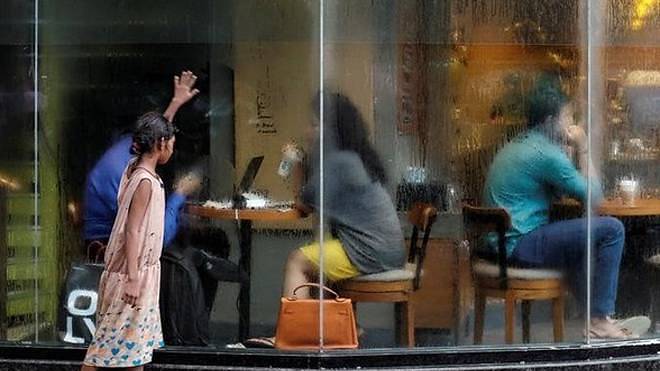Wealth distribution data are notoriously difficult to interpret. This is because variations in stock prices affect wealth distribution, so that a stock market boom suddenly makes the rich appear much richer, while a stock market collapse makes wealth distribution less unequal overnight.
In other words, the fact that the rich hold a part of their wealth in the form of stocks makes it difficult to estimate their total wealth which now has one durable component and another that is potentially evanescent.
There are certain occasions however when one can say something definitive about wealth distribution; and the period of the pandemic has been one such occasion. There can be little doubt that during the months of the pandemic even while millions of working people all over the world were suffering from acute loss of employment and income, the world’s billionaires added hugely to their wealth; and this certainly meant an increase in wealth inequality in the world.
According to a report by the Swiss bank UBS, mentioned in The Guardian of October 7, the wealth of the world’s billionaires increased by 27.5 per cent between April and July this year, the period when the pandemic was at its peak. Their wealth by the end of July had touched a record high of $10.2 trillion or £7.8 trillion. The previous peak of billionaires’ wealth was $8.9 trillion at the end of 2017.
Since then while the number of billionaires has increased slightly from 2158 to 2189, their wealth has increased considerably. In fact, between end of 2017 and end of July 2020, per capita wealth of the billionaires has increased by 13 per cent.
The point however is that this increase is the net result of two contradictory movements: a fall until April 2020 and a sharp rise by 27.5 per cent thereafter until end-July.
This rise has a particular significance. Since large masses of people hardly own any wealth and what little they own does not fluctuate much in value unlike stock market prices, an increase in stock prices increases ipso facto wealth inequality in society, and, conversely, a reduction in stock prices reduces wealth inequality.
According to a UBS spokesperson, when stock prices were falling prior to April 2020 the billionaires not only did not sell off their stocks in a panic, but actually bought up stocks from smaller owners who were engaged in panic-selling; as a result, when stock prices increased after April, they got enormous capital gains.
































